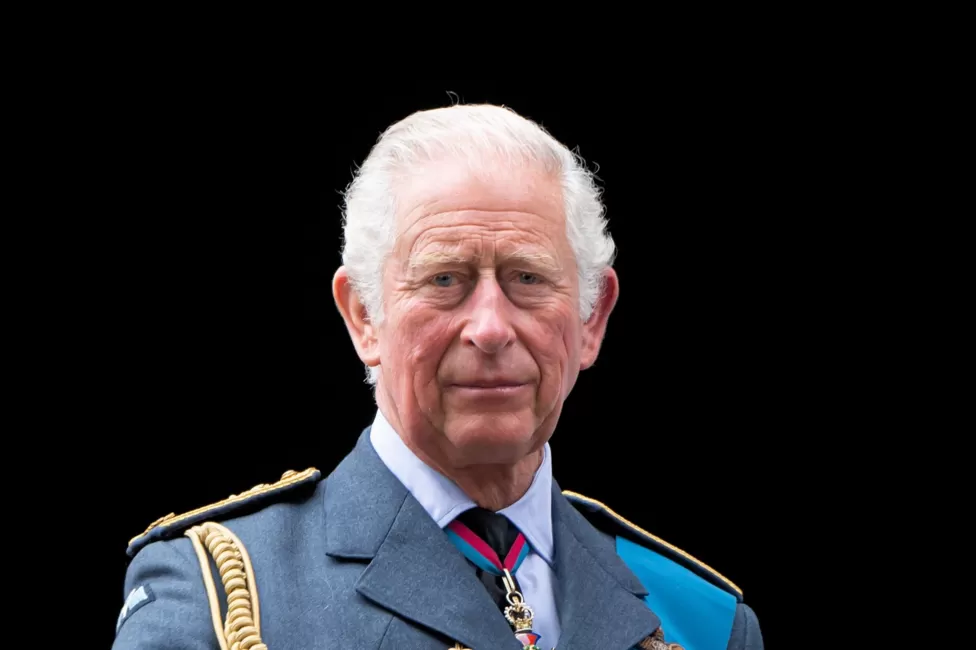Generation Black TV - Live
King Charles Under Fire After Guest Editing The Voice
Prior to Queen Elizabeths II’s death, now King Charles found himself under fire for editing Britain’s only primary Black British, Afro Caribbean Diaspora newspaper
King Charles (then Prince Charles) edited a 40th-anniversary edition of The Voice newspaper, Britain’s only primary Black British, Afro Caribbean Diaspora newspaper. The issue featured interviews with Lady Doreen Lawrence and Idris Elba. It was titled “Shared Vision for Change”.
While many were happy to see the British Royal Family collaborate with an important institution of Black British culture, others attacked Charles and the crown for the act, considering it hypocritical at worst. Part of its backlash was due to the royal family’s involvement in the slave trade. The edit was acknowledged by Paulette Simpson, the publication’s executive editor, during an appearance on ITV’s “Good Morning Britain” on September 1.
The newspaper’s editor, Lester Holloway, explained to BBC London that all of the institutions, including the royal family, that have been involved in the historical horrors of colonialism have not apologized for slavery and what we’ve got are statements of personal regret which is absolutely not good enough.
A group voiced complaints that Charles, of all people, shouldn’t be the person chosen to edit The Voice. He’s not Black, and he’s not from the community the Voice has supported for 40 years, expressed presenter Kate Garraway.

© The Voice
The newspaper released a statement addressing the criticism, especially taking into account the British Royal Family’s involvement in the slave trade. “We recognize the strong feelings some of our readers have over this edition and the divergence of views in the community. We agreed to collaborate with the Prince of Wales after looking at the work he had done on race equality over 40 years and the parallels without campaigning over the same period.”
The statement also mentioned how an apology and reparations for the enslavement of African’s remains a primary demand from the institutions that were involved or gained from its continuity, the British Royal Family included.
Historically, Queen Elizabeth I was involved in Britain’s slave trade in the 1500s, and publicly supported Sir John Hawkins. Hawkins was a privateer and early promoter of English participation in the Atlantic slave trade, considered the first English trader to profit from the Triangle Trade.
Prior to her death, Queen Elizabeth II hadn’t publicly apologized for the British Royal Family’s role in supporting the slave trade, but King Charles has spoken about it in the past.
However, digital newspaper the Guardian reported in 2018 that Charles acknowledged the atrocity of the slave trade and the unimaginable suffering it caused. And, a couple of months ago, stated that he wanted an accurate representation of the English slave trade to be taught in schools with as much importance as the Holocaust.

